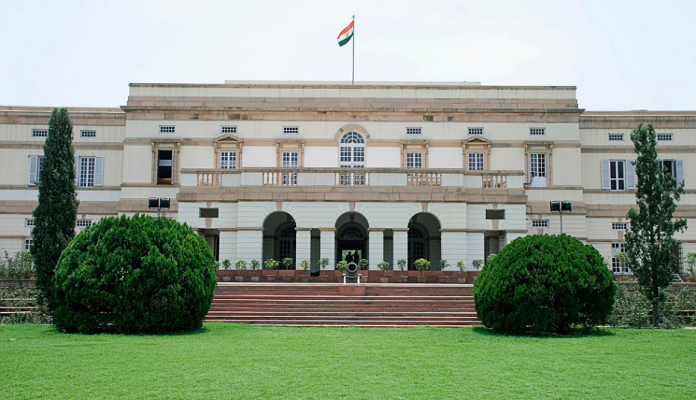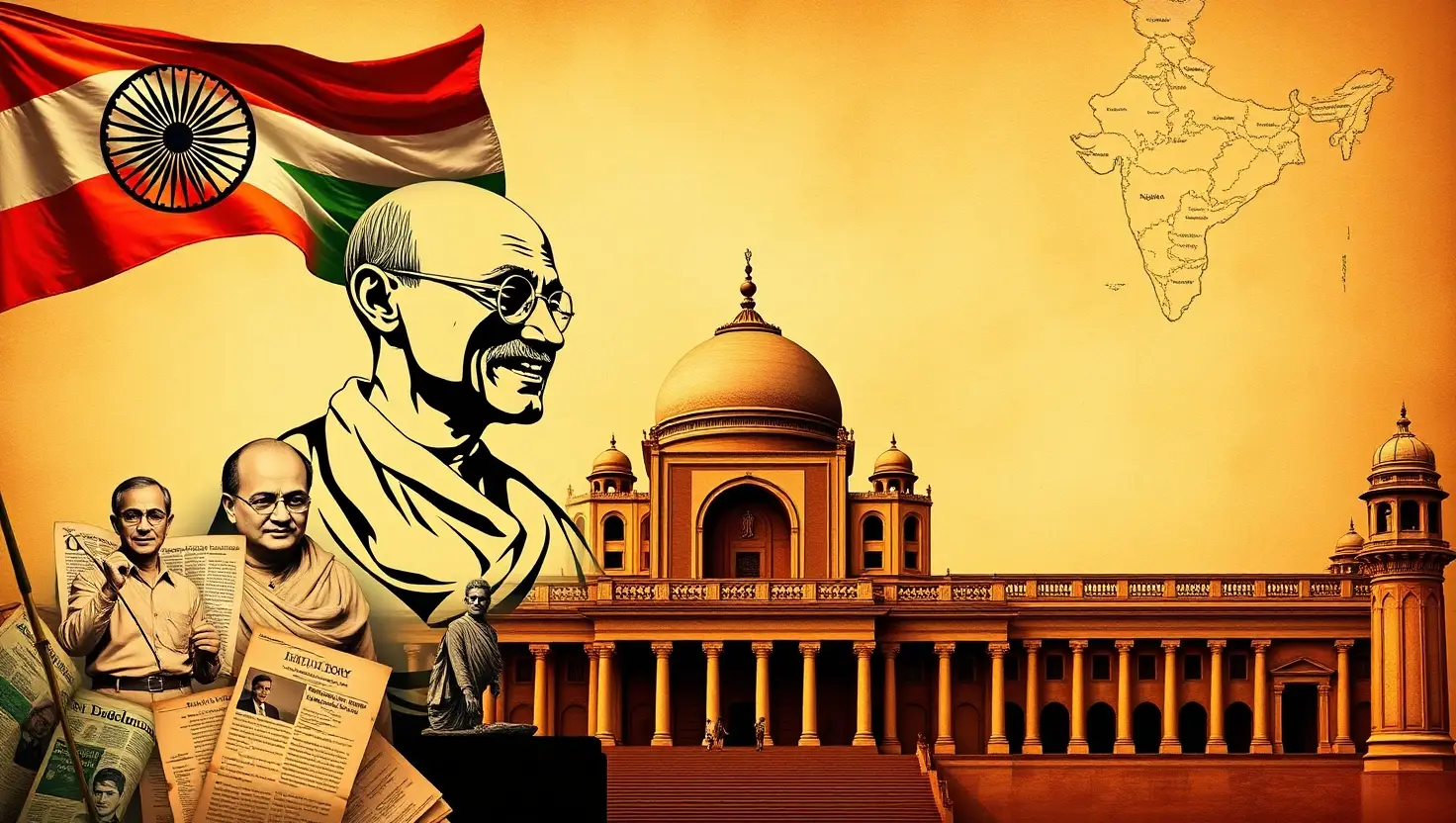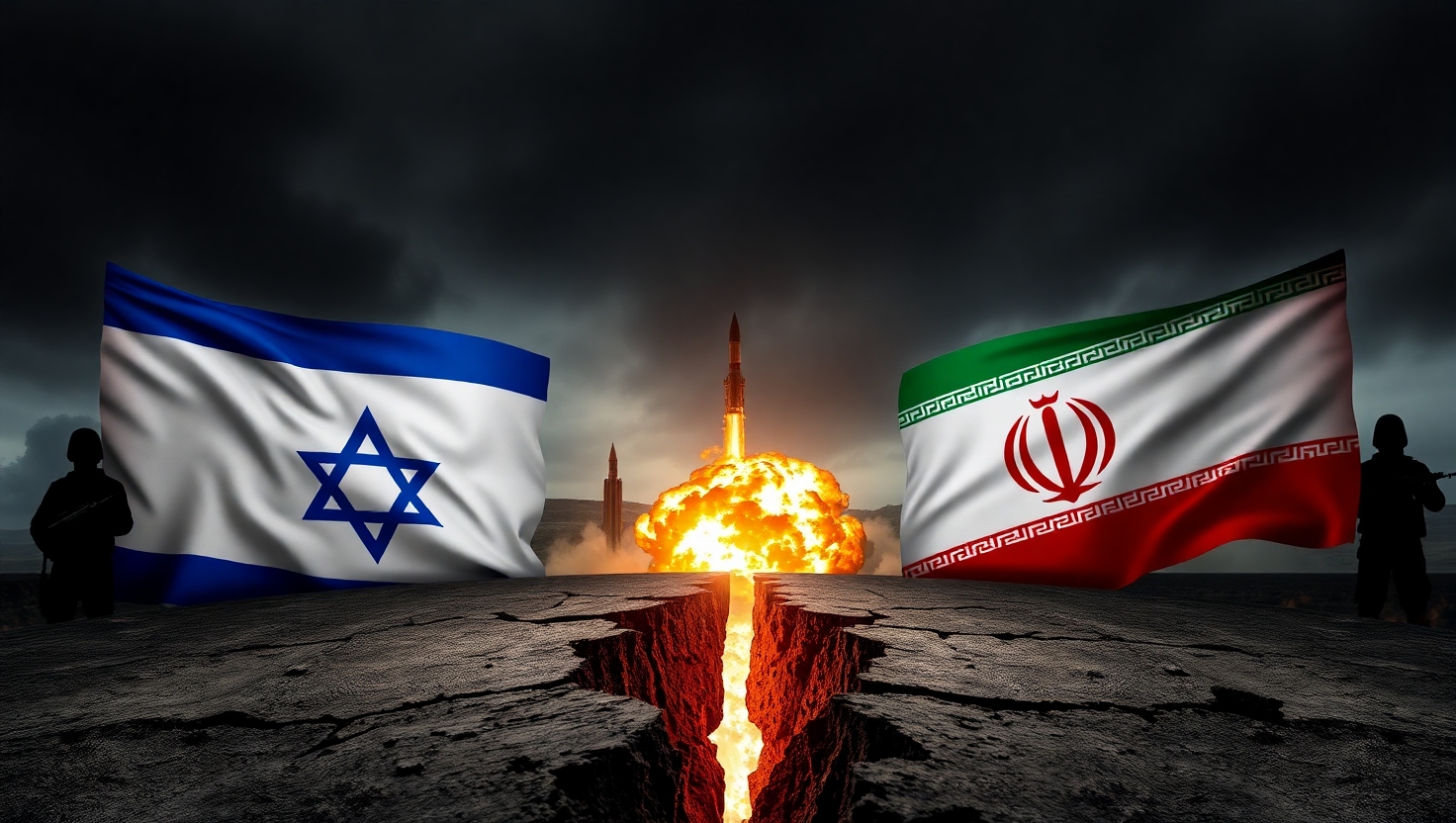Prime Ministers Museum and Library (PMML)
Source: Indian Express
Syllabus: Modern History | Governance | Culture
Why In News:
The Prime Ministers Museum and Library (PMML) in New Delhi has decided to pursue legal action to recover the Private Papers of Jawaharlal Nehru, reportedly taken by Sonia Gandhi in 2008. The institution has termed these documents a national treasure.
About Prime Ministers Museum and Library (PMML):
What is PMML?
- It is a premier autonomous institution in New Delhi, dedicated to research on modern and contemporary Indian history.
- PMML houses an extensive collection of archives, manuscripts, official papers, and personal documents of national leaders.
Historical Background:
- Originally inaugurated as the Nehru Memorial Museum on 14th November 1964, in memory of India’s first Prime Minister, Jawaharlal Nehru.
- Formally established as a research institution in 1966 by the Government of India.
- Located at Teen Murti House, which served as Nehru’s official residence from 1948 to 1964.
- The Library building was added in 1974, followed by the Annexe and Centre for Contemporary Studies between 1989–1990.
Governance and Structure:
- PMML functions under the Prime Ministers Museum and Library Society, which is overseen by the Ministry of Culture.
- The President and Vice-President of the Society are nominated by the Central Government.
Objectives and Functions:
- Preserve and document important archival materials related to modern Indian history and governance.
- Promote scholarly research on the ideals of Jawaharlal Nehru, India’s independence movement, and democratic evolution.
- Maintain and curate private papers of over 1,000 national figures, including those of Gandhi, Ambedkar, and Maulana Azad.
- Host academic lectures, seminars, exhibitions, and publications related to history and public policy.
- Provide public access to archives for researchers, scholars, and historians from India and abroad.
- Manage significant collections, including:
- Official correspondence
- Rare books and manuscripts
- Personal papers of prominent leaders
Significance of PMML:
- Considered India’s foremost academic centre for research on modern history and governance.
- Acts as a national repository, preserving crucial documents that shape public memory and democratic values.
- Plays a vital role in enhancing public understanding of constitutional values, freedom movement, and the contributions of key Indian leaders.
UPSC Relevance:
- Institutions preserving India’s historical legacy
- Archival research and its role in governance and policy
- Preservation of constitutional and democratic values





